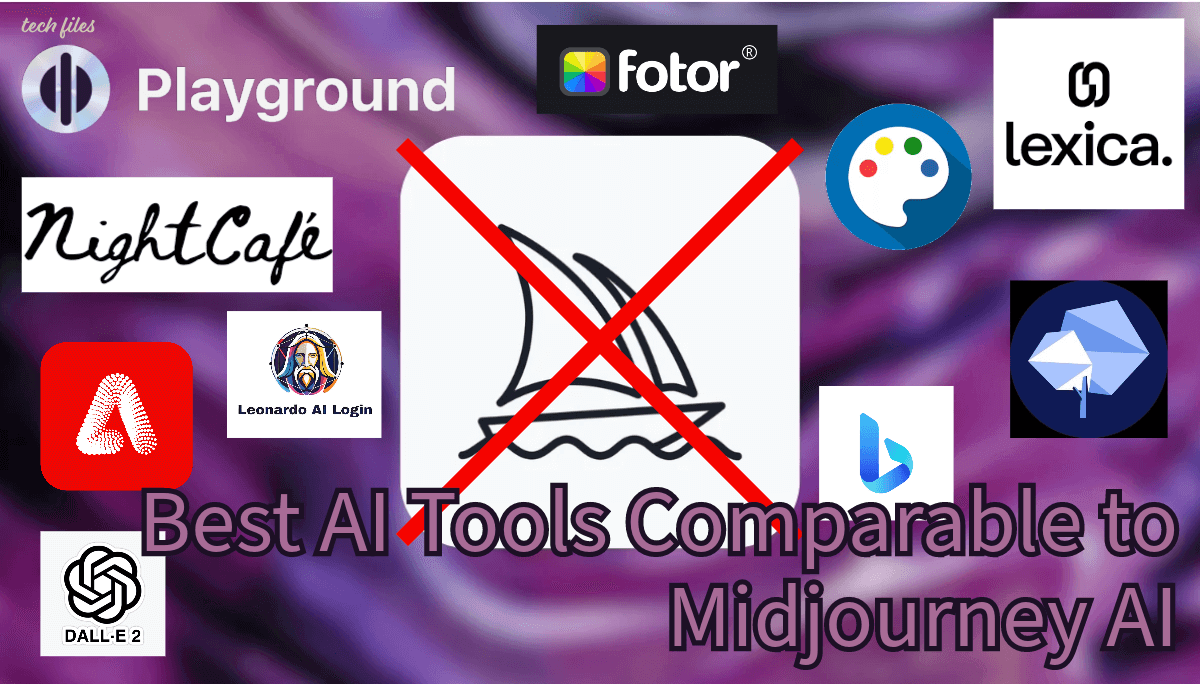Exploring the World of VPN: How it Works and Why You Need it

In today’s digital age, where privacy and online security are of utmost importance, Virtual Private Networks (VPNs) have become an essential tool for individuals and businesses alike. A VPN is a technology that allows users to establish a secure and encrypted connection over a public network, such as the internet. By using a VPN, users can ensure their online activities remain private, protect their sensitive information from hackers, and access geo-restricted content. This article will delve into the world of VPNs, explaining how they work and why they are indispensable in today’s interconnected world.
How VPNs Work?
A VPN works by creating a secure tunnel between the user’s device and the VPN server. When a user connects to a VPN, their internet traffic is encrypted and routed through this tunnel, making it difficult for anyone to intercept or decipher the data. The VPN server acts as an intermediary between the user and the internet, masking the user’s IP address and replacing it with the IP address of the VPN server. This not only enhances privacy but also allows users to bypass geographic restrictions and access content that may be blocked in their location.
Benefits of Using a VPN
Improved Online Privacy and Security
One of the primary benefits of using a VPN is the enhanced online privacy and security it provides. By encrypting internet traffic and masking the user’s IP address, a VPN prevents ISPs, government agencies, and hackers from monitoring or tracking online activities. This is particularly crucial when using public Wi-Fi networks, where the risk of data theft and surveillance is high. With a VPN, users can browse the internet, stream content, and communicate online with peace of mind, knowing their data is protected.
Access to Geo-Restricted Content
Another significant advantage of using a VPN is the ability to bypass geographic restrictions and access content that may be unavailable in certain regions. Whether it’s streaming services, social media platforms, or websites blocked by governments, a VPN can provide users with a virtual presence in a different location. By connecting to a VPN server in a country where the desired content is accessible, users can enjoy unrestricted access to their favorite shows, websites, and online services.
Protection Against Hackers and Cybercriminals
In today’s digital landscape, where cyber threats are rampant, using a VPN is an effective way to safeguard personal information and protect against hackers and cybercriminals. By encrypting internet traffic and masking the user’s IP address, a VPN makes it significantly more challenging for malicious actors to intercept and exploit sensitive data. This is particularly crucial when accessing online banking platforms, making online purchases, or sharing confidential information. With a VPN, users can add an extra layer of security to their online activities and reduce the risk of falling victim to cybercrime.
Bypassing Censorship and Internet Restrictions
In certain countries or regions, governments impose strict internet censorship, blocking access to certain websites, social media platforms, or news outlets. A VPN can be a valuable tool for individuals living in or traveling to such locations. By connecting to a VPN server in a country with unrestricted internet access, users can bypass censorship and access the content they need. Whether it’s staying informed, communicating freely, or accessing vital services, a VPN can help individuals maintain their digital freedom even in the face of government-imposed restrictions.
Anonymity and Protection of Personal Information
In addition to privacy and security, a VPN can provide users with anonymity and protect their personal information from being exposed online. By masking the user’s IP address and encrypting internet traffic, a VPN ensures that online activities cannot be traced back to the user. This can be particularly important for journalists, activists, or individuals living in oppressive regimes, where anonymity is essential for personal safety. With a VPN, users can browse the internet anonymously, protect their identities, and maintain their privacy even in the most challenging environments.
Choosing the Right VPN Service
With numerous VPN services available in the market, choosing the right one can be a daunting task. Factors to consider when selecting a VPN service include speed, reliability, encryption protocols, server locations, customer support, and user-friendly interface. To help you make an informed decision, we have compared the top five VPN services: PIA VPN, Nord VPN, Express VPN, Surfshark VPN, and Private Internet Access VPN.
PIA VPN
PIA VPN, also known as Private Internet Access VPN, is a popular choice among users looking for a reliable and affordable VPN service. With its strong encryption, no-logs policy, and a wide network of servers across the globe, PIA VPN offers excellent security and unrestricted access to geo-blocked content. Users praise its fast connection speeds and user-friendly interface, making it a top choice for both beginners and experienced VPN users.
Nord VPN
Nord VPN is another highly regarded VPN service that offers a wide range of features and excellent security. With its double encryption, strict no-logs policy, and a vast server network, Nord VPN ensures users’ online activities remain private and protected. It also boasts fast connection speeds and user-friendly applications across various devices. Nord VPN is a popular choice for users seeking top-notch security and reliable performance.
Express VPN
Express VPN is widely recognized for its blazing-fast speeds, strong encryption, and user-friendly interface. With servers in numerous locations worldwide, Express VPN allows users to bypass censorship, access geo-restricted content, and enjoy uninterrupted streaming and browsing. Its robust security features, including a kill switch and split tunneling, make it a trusted choice for users prioritizing both privacy and performance.
Surfshark VPN
Surfshark VPN is a relatively new player in the VPN market but has quickly gained popularity for its affordability and comprehensive feature set. With unlimited device connections, strong encryption, and a no-logs policy, Surfshark VPN offers excellent value for money. It also provides users with access to geo-restricted content and reliable performance across its global server network.
Private Internet Access VPN
Private Internet Access VPN, often referred to as PIA VPN, is a reliable and affordable VPN service that prioritizes user privacy and security. With its industry-standard encryption, no-logs policy, and a vast server network, PIA VPN enables users to browse the internet anonymously, access geo-blocked content, and protect their sensitive information. Users appreciate its easy-to-use applications and competitive pricing, making it an attractive option for those on a budget.
Setting up and Using a VPN
Setting up and using a VPN is typically a straightforward process. Most VPN services offer user-friendly applications that can be installed on various devices, including computers, smartphones, and tablets. After signing up for a VPN service, users can download and install the VPN application, log in with their credentials, and choose a server location. Once connected, the VPN will encrypt the user’s internet traffic and route it through the selected server, ensuring privacy, security, and access to geo-restricted content.
Self-Hosted VPNs - an Alternative Option
While most users opt for commercial VPN services, there is an alternative option known as self-hosted VPNs. A self-hosted VPN allows individuals or businesses to set up their own VPN server, giving them full control over their privacy and security. By hosting a VPN server, users can ensure that their data is not handled by a third-party provider and have complete control over the server’s configuration and security protocols. However, setting up and maintaining a self-hosted VPN requires technical expertise and can be more time-consuming than using a commercial VPN service.
Wireguard VPN
Wireguard VPN is a lightweight and high-performance VPN protocol that has gained popularity for its simplicity and efficiency. It offers state-of-the-art encryption, faster connection speeds, and improved battery life compared to traditional VPN protocols. Wireguard VPN is an attractive option for users seeking a self-hosted VPN solution that is easy to set up and provides excellent performance.
OpenVPN
OpenVPN is a widely used open-source VPN protocol that offers robust security and flexibility. It supports various encryption algorithms, authentication methods, and can be used on multiple operating systems. OpenVPN is a popular choice for individuals and businesses looking for a self-hosted VPN solution that provides extensive customization options and reliable performance.
Is Self-Hosted VPNs Safe to Use?
While self-hosted VPNs offer users greater control over their privacy and security, they also come with their own set of considerations. Setting up and maintaining a self-hosted VPN requires technical expertise and ongoing maintenance to ensure the server remains secure and up to date. Additionally, self-hosted VPNs may lack the extensive server network and additional features offered by commercial VPN services. It is essential to carefully assess the risks and benefits before deciding to set up a self-hosted VPN.
Comparison Between Self-Hosted VPN and Paid VPN
When choosing between a self-hosted VPN and a paid VPN service, several factors come into play. Self-hosted VPNs provide more control and customization options, making them ideal for users with specific privacy and security requirements. However, they require technical expertise and ongoing maintenance. On the other hand, paid VPN services offer convenience, a wide network of servers, and additional features but may involve trusting a third-party provider with user data. Ultimately, the choice between a self-hosted VPN and a paid VPN depends on individual needs and preferences.
5 statistics about VPN
- Over 30% of internet users utilize VPN services, highlighting the widespread adoption of this technology.
- The market for VPNs is projected to surpass $92 billion by 2027, driven by the growing demand for secure online connections.
- In some Middle Eastern countries, the number of VPN users is rapidly increasing, indicating a rising need for personal security and access to restricted content.
- Approximately half of VPN users opt for free VPN services, indicating a preference for cost-effective solutions.
- VPNs have become essential for remote work, as they provide a secure connection for individuals working online.
Conclusion
In an increasingly interconnected world, where online privacy and security are paramount, VPNs have become an essential tool. Whether it’s protecting personal information, bypassing censorship, or accessing geo-restricted content, a VPN offers numerous benefits. By encrypting internet traffic, masking IP addresses, and providing secure connections, VPNs ensure users can browse the internet with peace of mind. When choosing a VPN service, factors such as speed, security, and user-friendliness should be considered. While self-hosted VPNs offer greater control, they require technical expertise and ongoing maintenance. Ultimately, the choice between a self-hosted VPN and a paid VPN depends on individual needs and preferences. With the right VPN service or self-hosted setup, users can navigate the digital landscape safely, securely, and with unrestricted access to the online world.
Ready to enhance your online privacy and security? Choose a reliable VPN service or explore the world of self-hosted VPNs today. Protect your digital footprint and regain control over your online activities.













Sharing is caring!